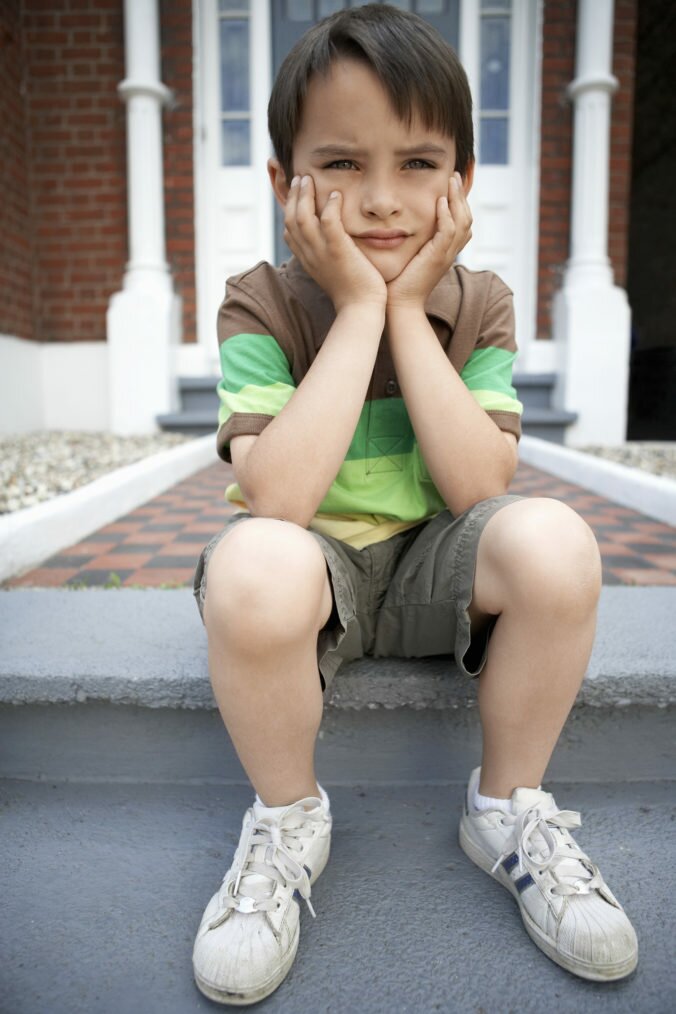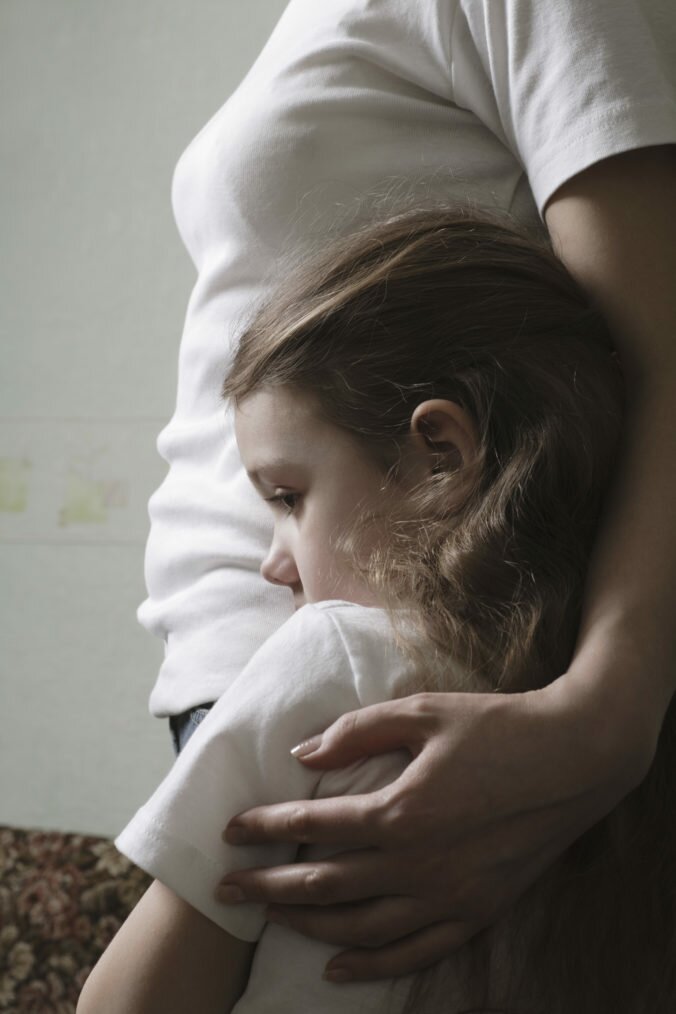In an earlier blog, I discussed anxiety in children. Most of us don’t want to think about the fact that children can worry. It’s not our idea of childhood. Parents’ innate responses are to comfort and protect. The way to handle childhood fears is actually the opposite of that. As I explained earlier, firm parenting is key to addressing your child’s fears.
Here are some more suggestions about what to do:
- It is important to remember that anxiety often has a ruminating quality to it and it can dominate your child’s thoughts. You should not foster this by constantly talking with him/her about it. Put limits on the conversation, so you can help your child learn how to do that. You might say, “I understand that you are worried about flying, but that is not happening for two months, so I will not talk with you about it now” and then don’t.
- Our general treatment for specific fears is to have children face these fears. That is the only way they can get past them, so the fears don’t have an ongoing impact on their lives. Since this is a stressful process, I usually suggest that you only use this technique when other areas of your child’s life are relatively stable. And you will want to do it in a step-wise fashion. For example, for children who are afraid to go upstairs by themselves, I have them practice walking upstairs first with a parent present. They start with 5 steps and then increase daily. When they finally get upstairs, I have a parent at the bottom of the stairs. The child starts by staying upstairs and counting to five. Then I have parents increase the task until the fear is totally overcome. The important thing is to do only a small step at a time. In this way, your child can overcome a specific fear, but at the same time feel very successful.
- Obviously, using punishment or shaming will make anxiety worse, not better.
- If your child’s sleep is disrupted for more than 2 weeks, I recommend seeing a therapist soon. For my patients, I use this as a red flag that the anxiety is reaching a point where a professional opinion is needed.

